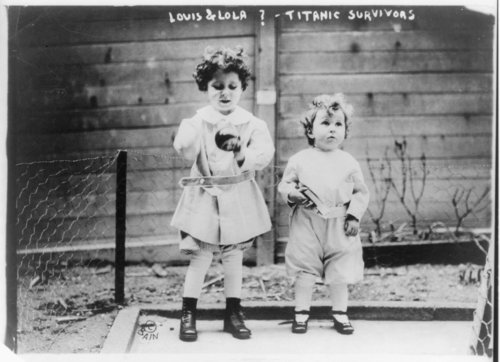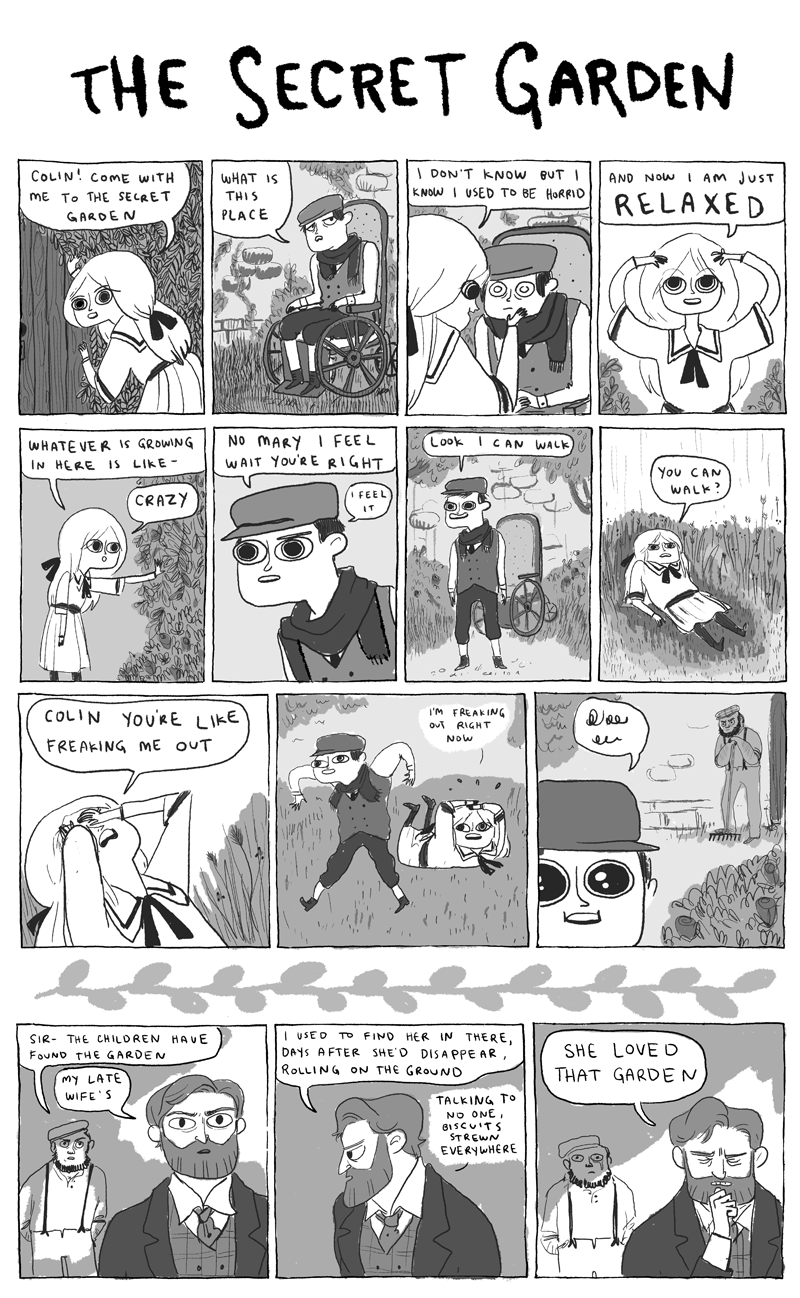On Friday, xkcd #1190—Time—came to an end.
It was a huge project, but since it was all concealed within a single comic panel, I thought I’d end with this short post to explain what was going on. If you want to see the story yourself before I spoil anything, you can use one of the many excellent third-party Time explorers, like the Geekwagon viewer, or one of the others listed here.
When the comic first went up, it just showed two people sitting on a beach. Every half hour (and later every hour), a new version of the comic appeared, showing the figures in different positions. Eventually, the pair started building a sand castle.
There was a flurry of attention early on, as people caught on to the gimmick. Readers watched for a while, and then, when nothing seemed to be happening, many wandered away—perhaps confused, or perhaps satisfied that they’d found a nice easter-egg story about castles.
But Time kept going, and hints started appearing that there was more to the story than just sand castles. A few dedicated readers obsessively cataloged every detail, watching every frame for clues and every changing pixel for new information. The xkcd forum thread on Time grew terrifyingly fast, developing a subculture with its own vocabulary, songs, inside jokes, and even a religion or two.
And as Time unfolded, readers gradually figured out that it was a story, set far in the future, about one of the strangest phenomena in our world: The Mediterranean Sea sometimes evaporates, leaving dry land miles below the old sea level … and then fills back up in a single massive flood.

(A special thank you to Phil Plait for his advice on the far-future night sky sequence, and to Dan, Emad, and everyone else for your help on various details of the Time world.)
Time was a bigger project than I planned. All told, I drew 3,099 panels. I animated a starfield, pored over maps and research papers, talked with biologists and botanists, and created a plausible future language for readers to try to decode.
I wrote the whole story before I drew the first frame, and had almost a thousand panels already drawn before I posted the first one. But as the story progressed, the later panels took longer to draw than I expected, and Time began—ironically—eating more and more of my time. Frames that went up every hour were sometimes taking more than an hour to make, and I spent the final months doing practically nothing but drawing.
To the intrepid, clever, sometimes crazy readers who followed it the whole way through, watching every pixel change and catching every detail: Thank you. This was for you. It’s been quite a journey; I hope you enjoyed the ride as much as I did!
P.S. A lot of people have asked if I can sell some kind of Time print collection (or a series of 3,099 t-shirts, where you run to the bathroom and change into a new one every hour). I’m afraid I don’t have anything like that in the works right now. I just made this because I thought it would be neat, and now that it’s done, my only plan is to spend the next eleven thousand years catching up on sleep. If you liked the project, you’re always welcome to donate via PayPal (xkcd@xkcd.com) or buy something from the xkcd store. Thank you.















